Sion Sono is a prolific and unconventional Japanese director, often hailed as one of the most unique voices in contemporary cinema. Best known for his audacious and genre-defying films like Love Exposure and Suicide Club, Sono is celebrated for his ability to seamlessly blend shock, social critique, and profound emotional depth in his narratives, making him one of the most compelling filmmakers to come out of Japan.
Sono’s films frequently delve into society’s darker and more uncomfortable aspects and human nature. He consistently explores themes of alienation, obsession, and the search for identity, often against the backdrop of Japan’s contemporary culture. His approach to storytelling is marked by its extreme, often surreal narrative twists and a keen sense of societal critique. Despite the dark subjects, Sono’s films are typically imbued with a sense of hope and redemption, suggesting the possibility of personal and societal transformation.
Visually, Sono’s work is marked by its vibrancy and intensity. His films are often filled with striking and elaborate visual compositions, dynamic camera work, and bold use of colour. Despite their often shocking content, his films are aesthetically rich and meticulously crafted, contrasting their beautiful visuals and disturbing themes. Sono’s approach to cinema is marked by a commitment to pushing boundaries and challenging conventional narrative structures, resulting in a filmography that is as diverse as it is provocative.
His fearless exploration of taboo subjects and refusal to conform to established filmmaking norms sets Sion Sono apart as a director. His films, often a fusion of various genres, are deeply personal and universally relatable, offering profound insights into the human condition. His distinctive visual style and his daring narrative approach have made him an influential figure in international cinema. Despite his films’ shocking and controversial nature, Sono’s underlying empathy for his characters and his keen social commentary ultimately shine through, underscoring his status as a truly original and visionary filmmaker.

Sion Sono (1961- -)
Calculated Films:
- Noriko’s Dinner (2005)
- Love Exposure (2008)
- Why Don’t You Play In Hell (2013)
- Red Post on Escher Street (2020)
Similar Filmmakers
- Abel Ferrara
- Gakuryu Ishii
- Gaspar Noe
- Harmony Korine
- Kiyoshi Kurosawa
- Lars von Trier
- Nagisa Oshima
- Nicolas Winding Refn
- Noboru Iguchi
- Nobuhiko Obayashi
- Shin’ya Tsukamoto
- Takashi Ishii
- Takashi Miike
- Takeshi Kitano
- Tetsuya Nakashima
- Toshiaki Toyoda
- Yoshihiro Nishimura
- Yudai Yamaguchi


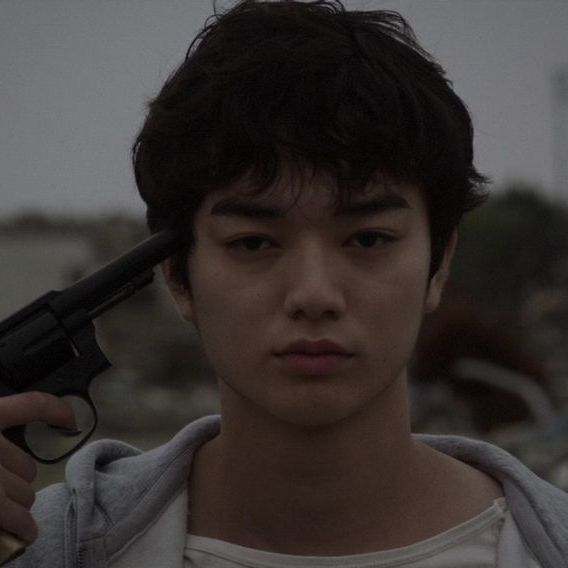
Sion Sono’s Top 10 Films Ranked
1. Love Exposure (2008)
Genre: Romance, Drama, Absurdist Comedy, Satire

2. Why Don’t You Play In Hell? (2013)
Genre: Absurdist Comedy, Gangster Film, Yakuxza eiga,Postmodernism
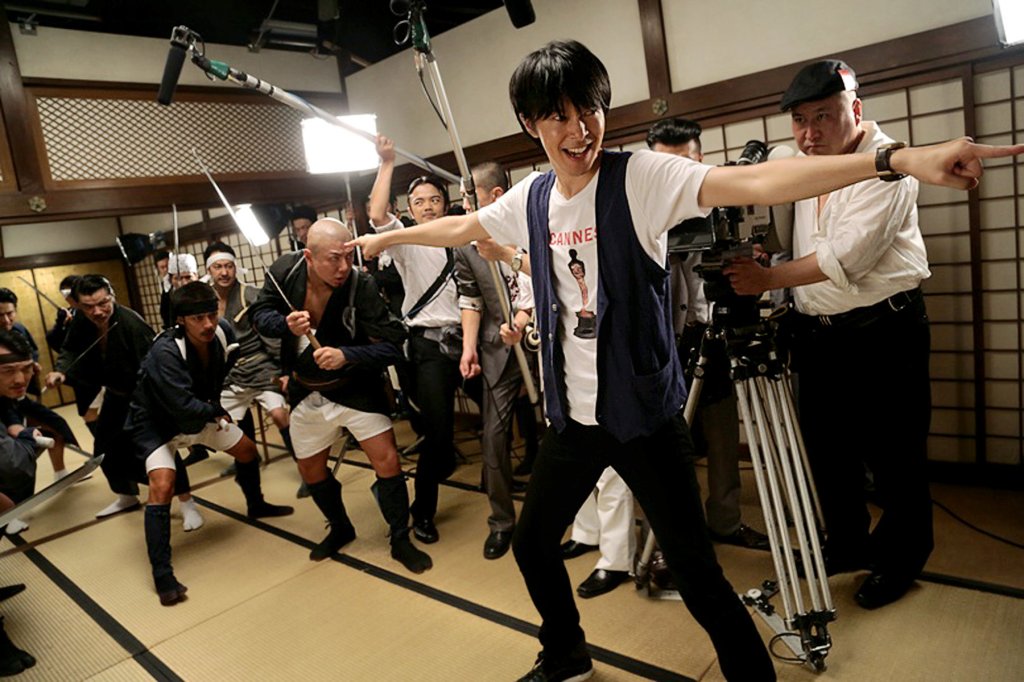
3. Noriko’s Dinner Table (2005)
Genre: Psychological Drama, Family Drama

4. Red Post on Escher Street (2020)
Genre: Hyperlink Cinema, Drama, Comedy
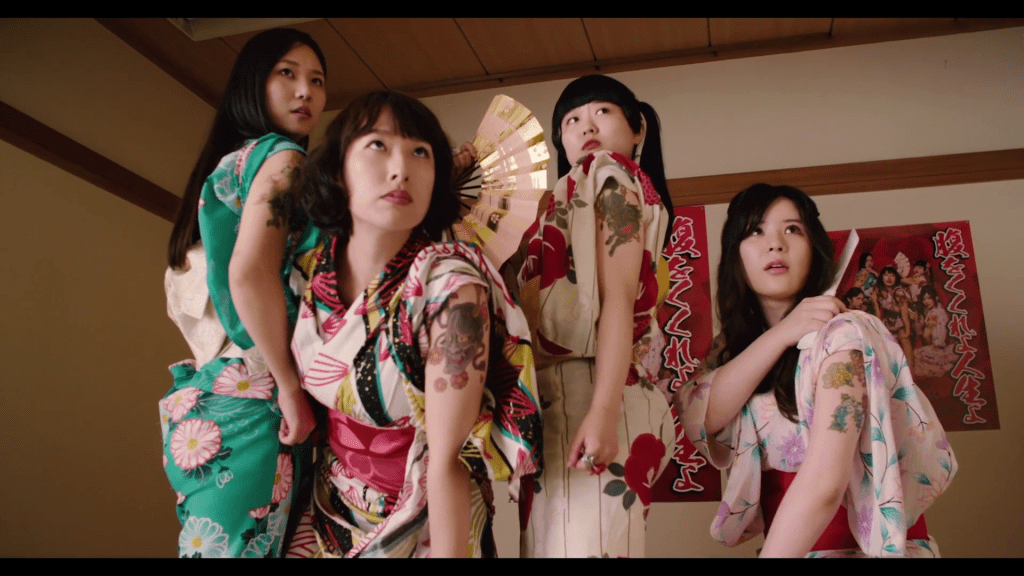
5. Guilty of Romance (2011)
Genre: Psychological Drama, Crime, Psychological Thriller
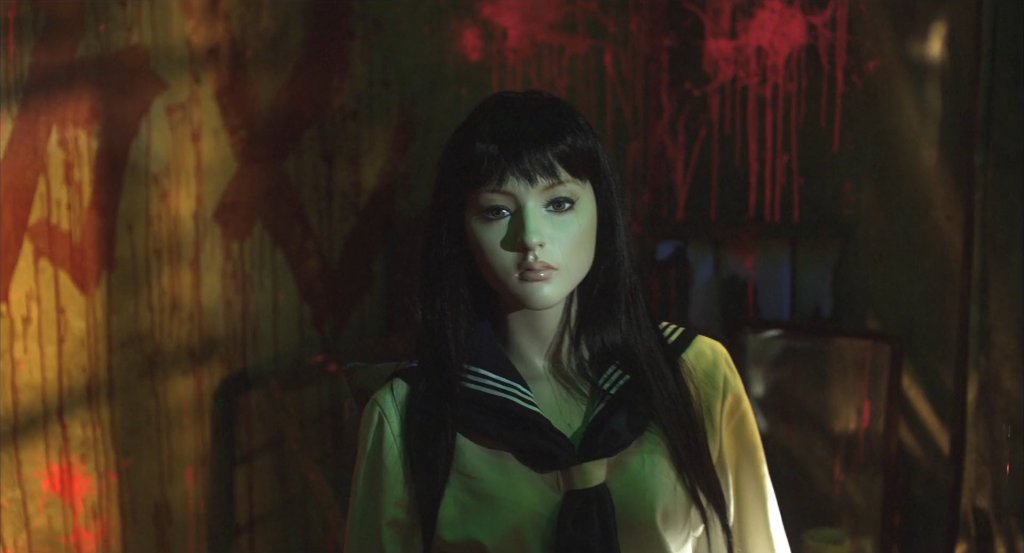
6. Love & Peace (2015)
Genre: Comedy, Fantasy

7. Cold Fish (2010)
Genre: Crime, Black Comedy
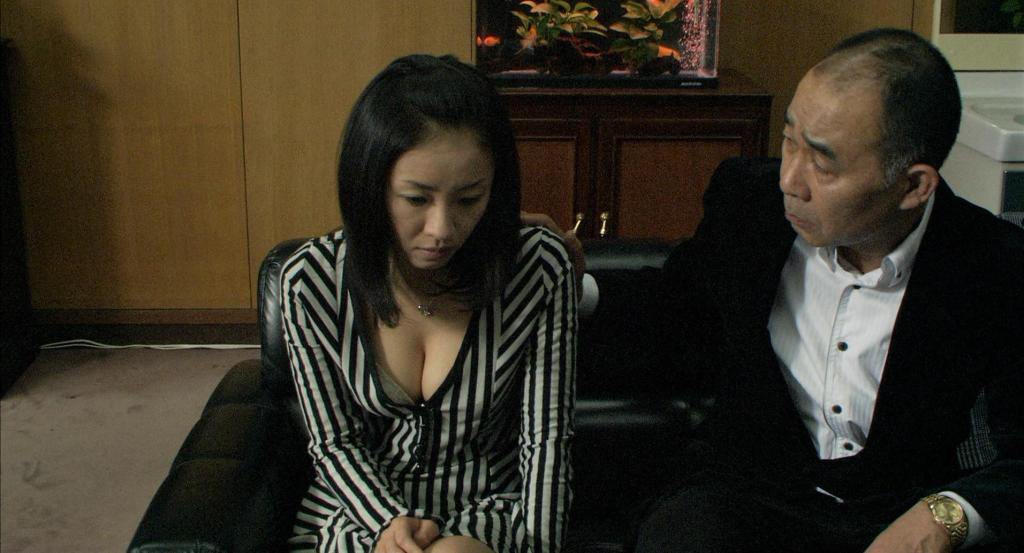
8. Himizu (2011)
Genre: Coming-of-Age, Melodrama

9. The Whispering Star (2015)
Genre: Sci-Fi, Post-Apocalypse, Slow Cinema

10. Strange Circus (2005)
Genre: Psychological Drama, Surrealism

Sion Sono: Themes and Style
Themes:
- Transgressive Love and Sexuality: Sono’s films frequently delve into taboo topics, challenging societal norms and expectations regarding relationships and sexuality. Movies like Love Exposure tread the line between love, obsession, and perversion.
- Violence and Rebellion: Many of his films, such as Why Don’t You Play in Hell? and Cold Fish employ shocking amounts of violence, often used to symbolise rebellion against a repressive society or internal turmoil.
- Cults and Religion: The exploration of religious cults and spiritual extremism is another recurring theme. Himizu and Love Exposure both touch on these aspects.
- Loneliness and Despair: Characters in Sono’s films, whether they’re in the bustling streets of Tokyo or a rural village, often grapple with deep feelings of isolation, loneliness, and existential angst.
Styles:
- Provocative Visuals: Sono employs audacious, graphic, and often disturbing imagery. His visuals are not merely for shock value; they also serve as an intrinsic part of his storytelling.
- Genre-blending: Sono masterfully melds genres, ensuring his films evade easy categorisation. From horror to romance, from comedy to action, elements from various genres can coexist in a single Sono film.
- Extended Running Time: Many of his films, notably Love Exposure, exceed conventional running times. This allows Sono to deeply explore his characters and their psychological landscapes.
- Narrative Complexity: Sono’s films often play with narrative structures, weaving intricate, multi-layered plots.
Directorial Signature:
- Non-Conformity: Sono frequently challenges the status quo, both in content and presentation. His unapologetic departure from mainstream aesthetics and storytelling makes his work instantly recognisable.
- Intense Characters: Sono has a penchant for crafting intense, complex characters that operate on the fringes of society, giving them depth, humanity, and often tragic backstories.
- Iconoclastic Soundtracks: His films often employ memorable and eclectic soundtracks, ranging from punk rock to haunting ballads, enhancing the mood and tone of his narratives.
- Tokyo: Sono has an affinity for Tokyo, often capturing its dichotomies—the modern and the traditional, the bustling streets and the quiet corners. The city, in many of his films, becomes a character in its own right.
- Visceral Emotion: Regardless of the plot, Sono ensures his films pack a strong emotional punch. Whether it’s through intense performances, atmospheric settings, or striking visuals, viewers are bound to feel deeply when watching a Sono film.
Sion Sono: The 250th Greatest Director




